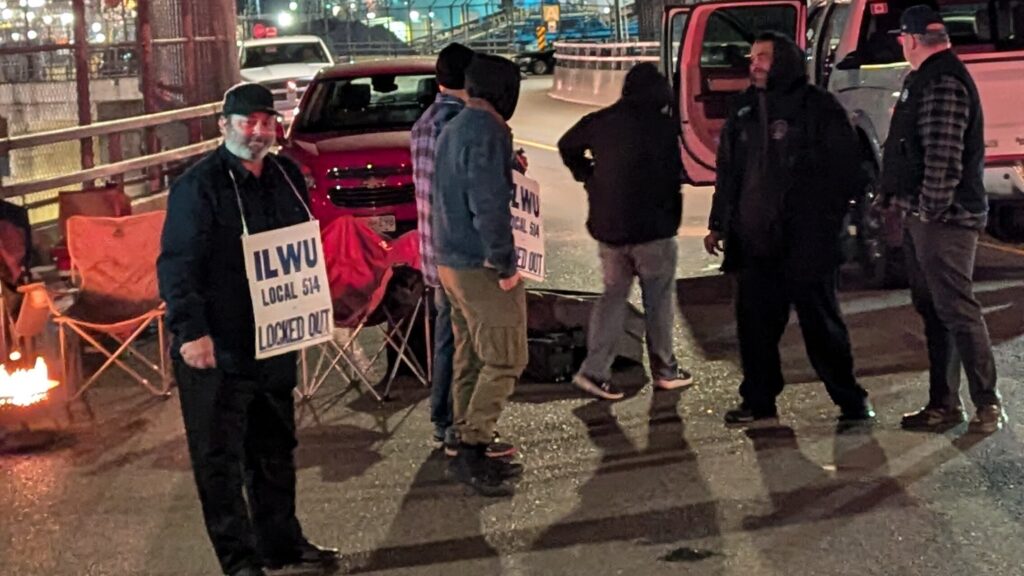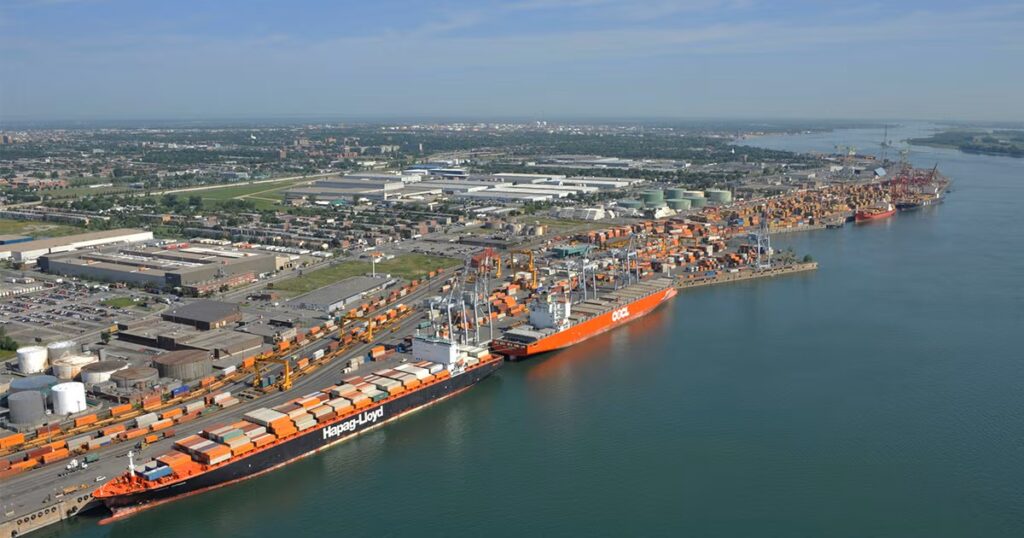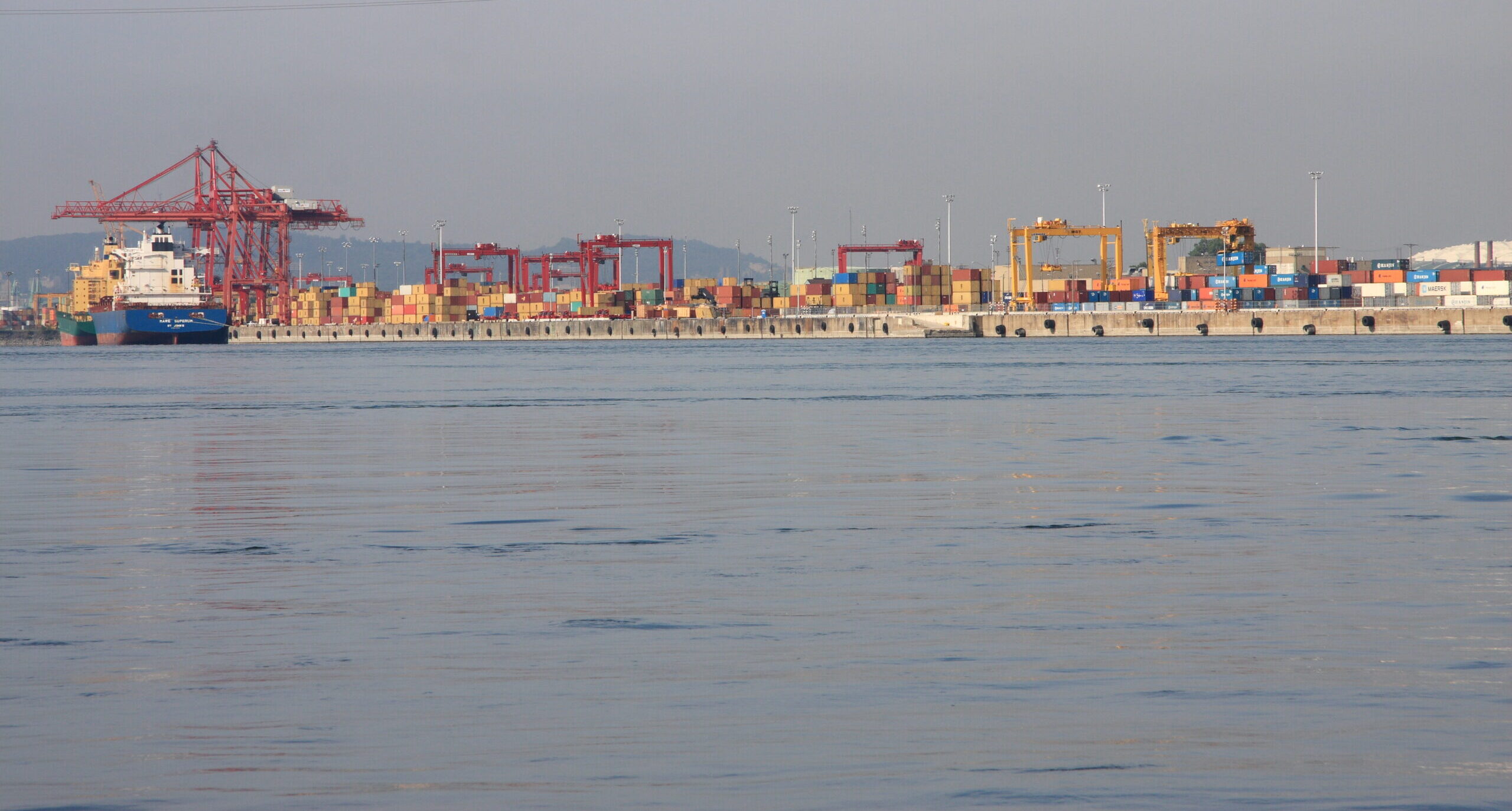Even if the right to strike is recognized by the Supreme Court, it doesn’t seem to mean anything anymore. In recent weeks, the federal government has forced hundreds of workers back to work at the ports of Montreal, Quebec City and Vancouver. While the bosses seem satisfied with the situation, the unions are outraged at losing their bargaining power.
The announcement by Labour Minister Steven MacKinnon has been widely condemned by the labour movement, which intends to challenge the decision in court. In a press release, Mark Hancock, national president of the Canadian Union of Public Employees (CUPE), said:
“The MEA [Maritime Employers Association] locks out our members and in the same breath goes crying to the Minister that their own actions are creating chaos in Canada. The Minister encourages employers to trample on workers’ fundamental rights instead of addressing their needs for work life balance.”
The back-to-work order, which the Minister has requested from the Canada Industrial Relations Board, applies to the ports of British Columbia, Montreal and Quebec City.
Vancouver
Port workers, locked out by the BC Maritime Employers Association (BCMEA) since November 4, were forced to return to work on Thursday, November 14.
Although ILWU 514 members had given the union a 96% strike mandate, they did not apply it. Instead, after being informed last Monday that the union was stopping overtime work, the employer declared a lockout. It thus closed Canada’s largest (Vancouver) and third-largest (Prince Rupert) ports.
Mediation talks between the BCMEA and the union came to an abrupt end on Saturday, November 9, when the employer walked out less than an hour after the scheduled three-day session had begun.

Montreal
In Montreal, union members declared an unlimited general strike at the end of October. On November 10, the AEM locked out the workers in retaliation for their refusal to accept their last offer. Following the announcement of binding arbitration, the workers were forced to return to work on Saturday, November 16.
The AEM was offering a 20% wage increase over six years, far from being sufficient to catch up with the inflation of recent years. The union wants 20% over four years. In addition, the union wants more control over atypical schedules, which are particularly tiring for their members.
SCFP-Québec President Patrick Gloutney declared in a press release that it is “a dark day for the rights of workers. The right to bargain collectively is a constitutional right and is not negotiable.”
“The situation at the Port of Montreal is mind-boggling,” he adds. “The employer locked out employees last Sunday night and immediately requested government intervention without actually bargaining. The citizens of this country should be quite concerned.”

Québec
The case of the Port of Quebec is exceptional. Longshoremen there have been locked out for 26 months. The employer has prevented its workers from going to work since 2022, while hiring scabs—replacement workers who do the job for less money and with poorer conditions.
The federal government passed a law earlier this year limiting this practice, already prohibited in provincial law. The law does not come into effect until June 2025.
All this fuss allowed the AEM to wait for the government to force arbitration and a return to work. They knew they wouldn’t be bothered until next year and would be able to run the port at lower cost, increasing their profits.
“Anti-scab legislation should have been brought in immediately, because if it had, the Port of Quebec conflict would have been resolved quite some time ago. The employer would have been forced to negotiate,” concludes Gloutney.
State and bosses hand in hand
Workers on Canada’s two largest railroads were also ordered back to work following a lockout by the employer in August. Yet the method employed by the government is unusual. In the case of both the railroads and the ports, it used its executive power to bring the workers back to work, instead of going through Parliament.
However, the sheer number of interventions in labour disputes and the method used do not impress Alexis Lafleur-Paiement, a PhD student in political philosophy and lecturer at the Université de Montréal.
He explains that, in general, “the state adopts two attitudes to labour disputes: either it doesn’t intervene, or it intervenes on behalf of the bosses. It’s extremely rare for the state to intervene in favour of workers, and when it does, it’s always because of pressure from workers.” He gives the example of the anti-scab law passed in Quebec in 1977 to calm tensions following several violent strikes.

Also a specialist in political history, the Constitution, legislative issues and labour disputes, Lafleur-Paiement adds that the state is always biased in favour of employers. “Indeed, ministers often come from business backgrounds themselves, and retain interests in industry. For example, Canada’s Minister of Labour, Steven MacKinnon, has long worked for the billion-dollar, multinational firm Hill & Knowlton, which specializes in corporate lobbying.”
“Moreover, we shouldn’t forget that governments are themselves the bosses of hundreds of thousands of public servants. More broadly, both Liberal and Conservative governments promote the myth that wealth comes from corporations, when in fact it comes from the workers who produce it. The interests of governments and major shareholders therefore overlap at the personal, institutional and ideological levels.”

